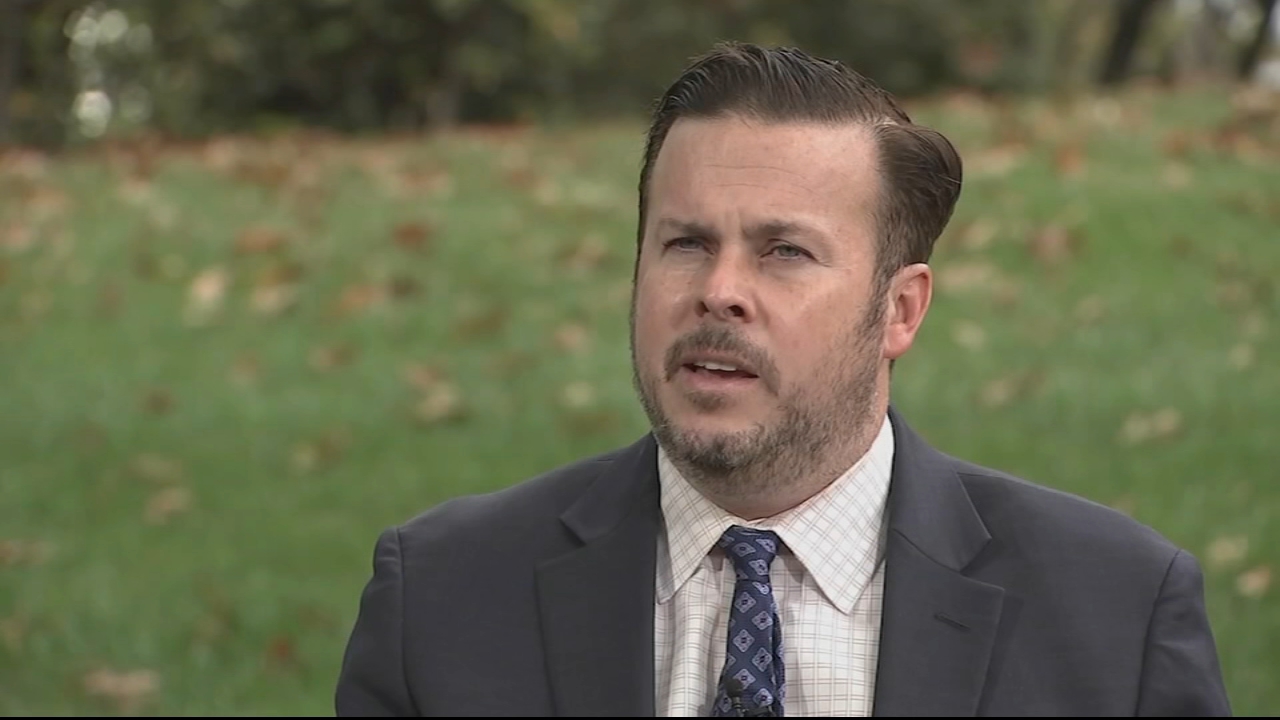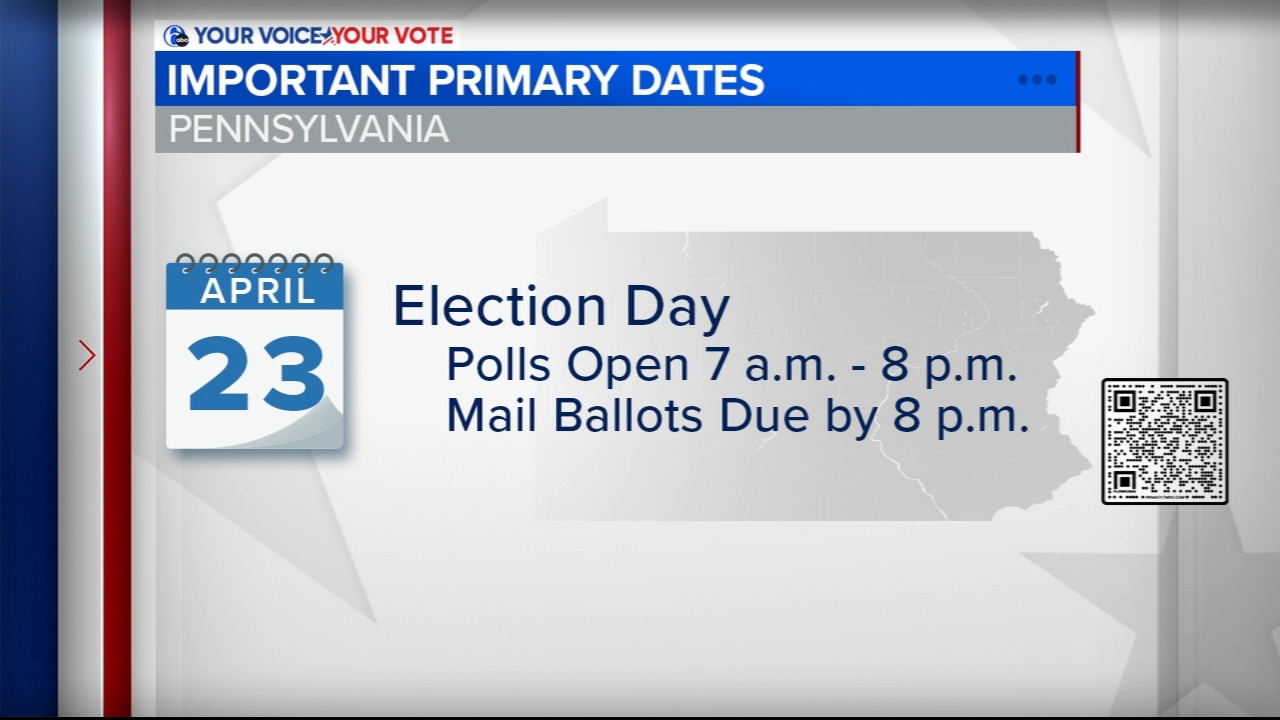Age Fearless: Combating Philly's high diabetes rate

PHILADELPHIA (WPVI) -- Philadelphia has a title no city wants - the highest diabetes rate among America's 10 largest cities.
There are numerous efforts to combat the problem and to make sure diabetics stay on top of their condition.
Michael Green has been living with diabetes for 15 years, but never had the tools to be in charge of it - until now.
After losing his job-related health insurance, Green began getting care at Philadelphia's Public Health Management Corporation, a non-profit health provider.
Since then, he's learned a lot, starting with the wide range of medications beyond insulin.
"I went from taking insulin 3 times a day, 4 times a day, to once a day," he said.
Despite working overnights, he's also exercising more.
"I have a treadmill and a bicycle, and I've started using them," said Green.
And he's learning better eating habits at PHMC's monthly diabetes support group.
Ninety percent of Americans with diabetes have type 2, like Green.
It's not just about eating too many sweets.
"They've got the insulin, but it doesn't function to help deliver the sugar to the organs, so the organs can use it well," said Dr. Heidi Syropoulos.
Dr. Syropoulos of Independence Blue Cross says that allows blood sugar to rise, risking damage in the kidneys, eyes, blood vessels, and more.
Glucose meters track today's blood sugar levels, but diabetics also need an A1C test, preferably twice a year.
"It tells us what your average blood sugar has been like for about 2 or 3 months," said Dr. Syropoulos.
A yearly eye exam to check the retina at the back of the eye is also a must. So is a yearly urine test.
"That helps us detect whether there's early signs of kidney problems," said Dr. Syropoulos.
With the changes so far, Green's A1C is down about 30%
He's nearly 60 pounds lighter and another success story from the PHMC support group.
"The way that they are all able to interact with one another and offer suggestions. They feel better when they're coming here," said Johanna Troy, R.N., C.D.E at Public Health Management Corporation.
----------
Send a breaking news alert
Report a correction or typo
Learn more about the 6abc apps




